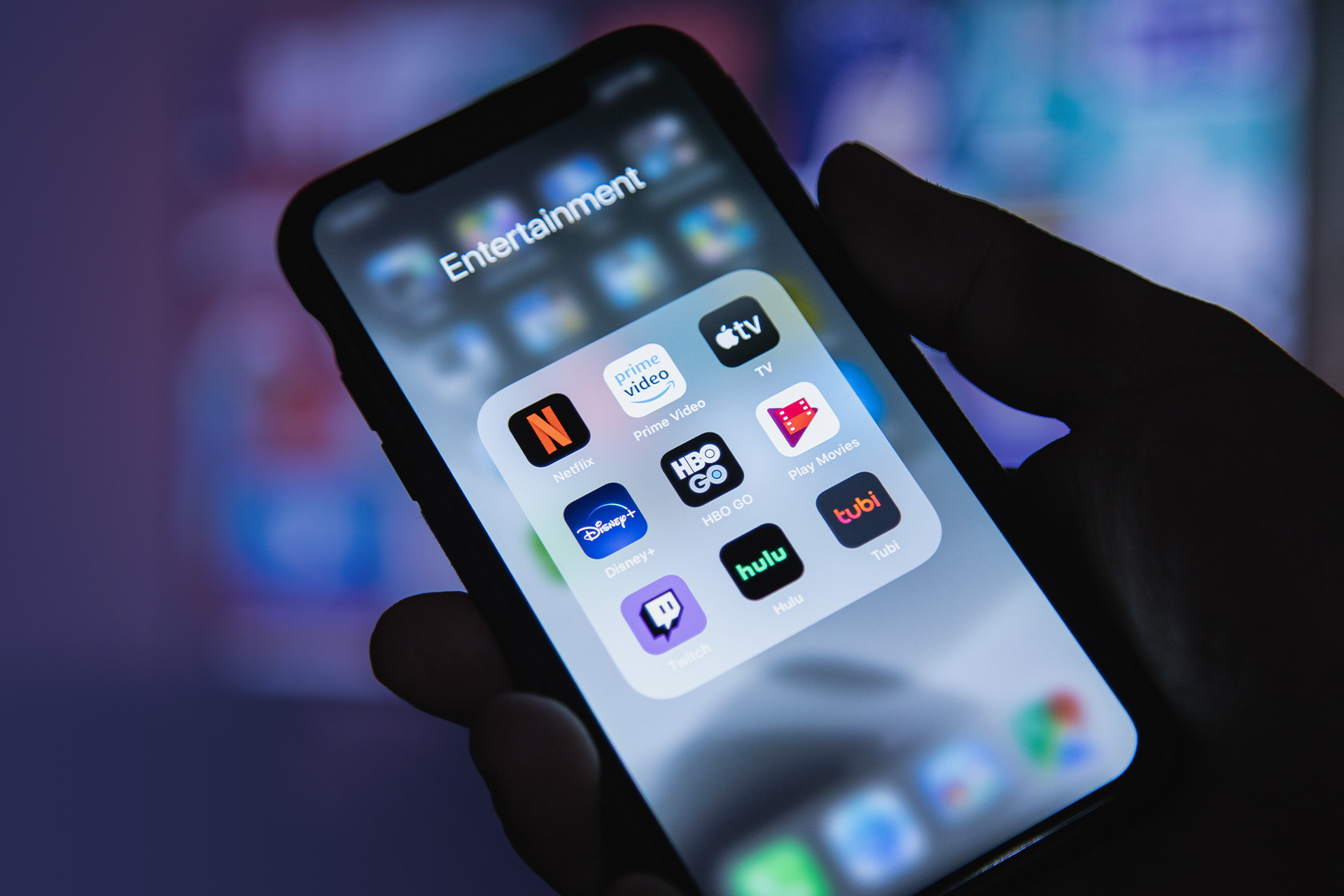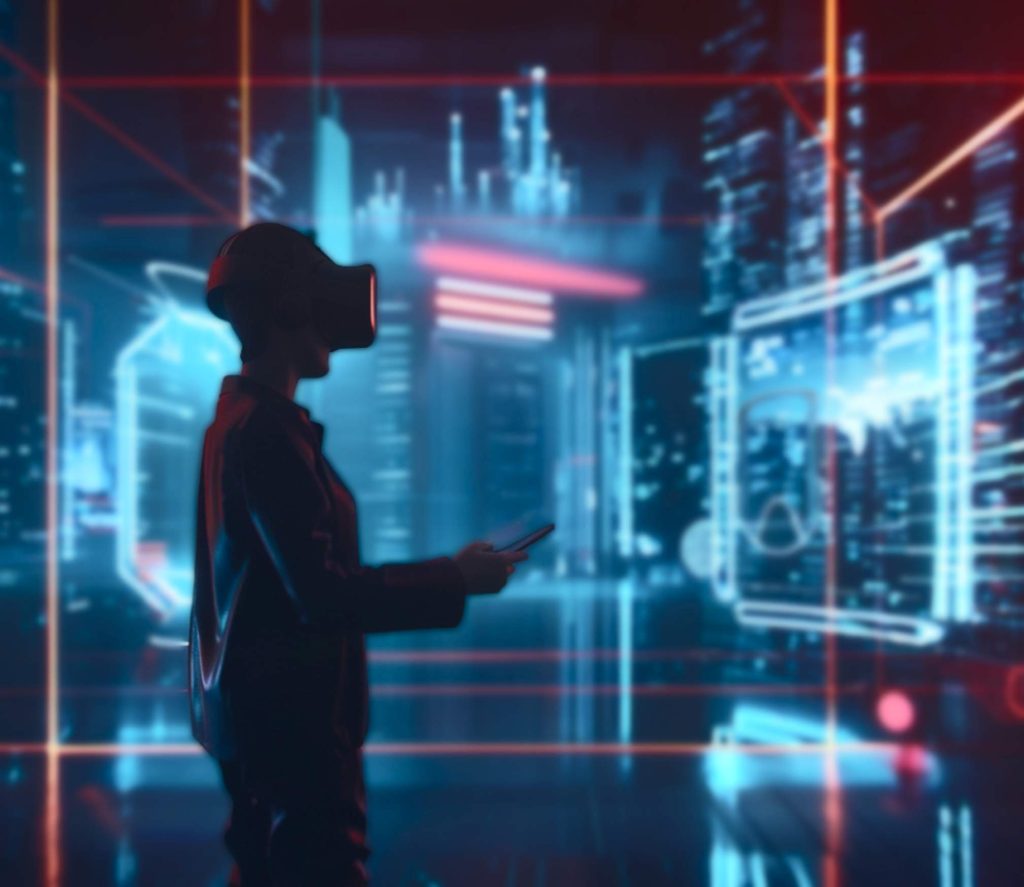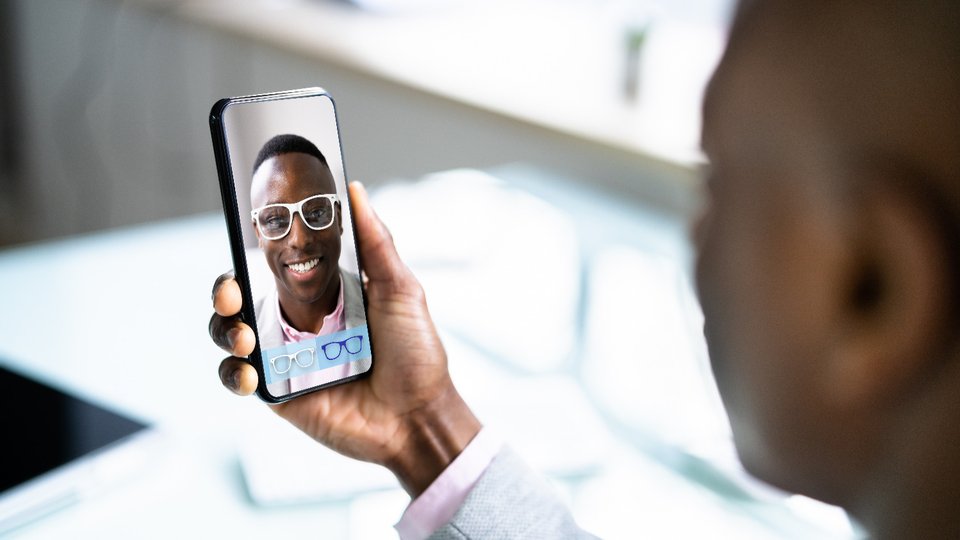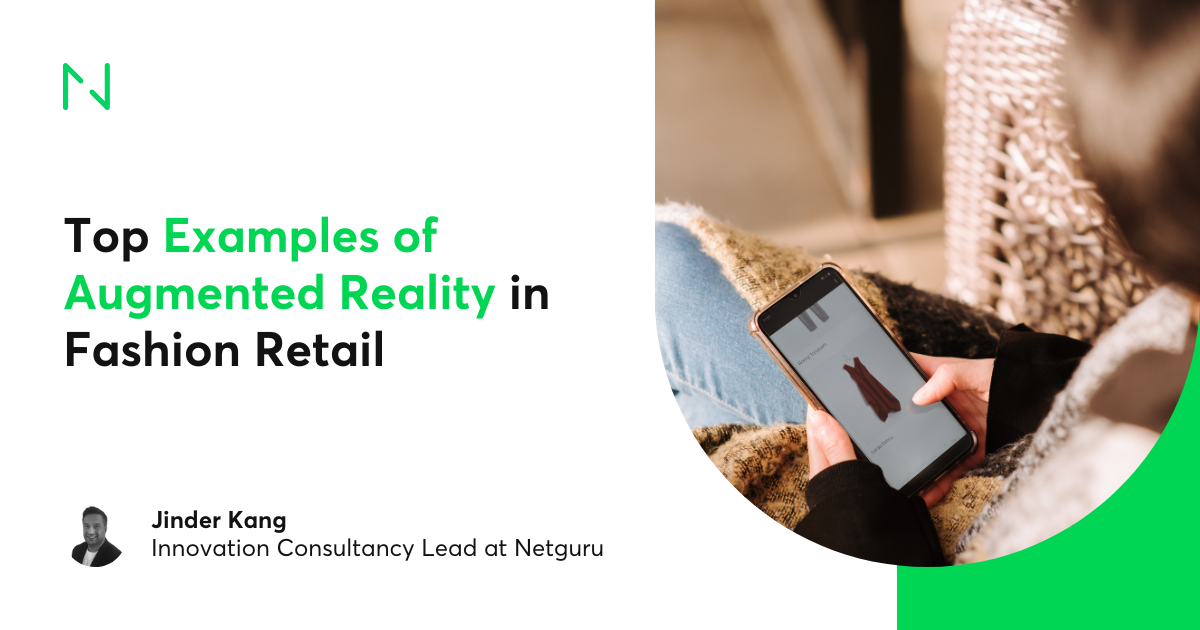
The Future of Beauty: How AI and Tech are Revolutionizing Self-Care
In the vibrant world of beauty, technology is not just an accessory; it’s become the backbone of innovation, transforming how we engage with skincare and cosmetics. Imagine stepping into your bathroom and using a device that analyzes your skin daily, offering personalized product recommendations. This is not the stuff of science fiction; it’s the forefront of beauty tech in 2025. As Angela Medina, director of sales at Jojoba Desert, puts it, “AI has the potential to radically improve how we understand and treat individual skin needs. We’re moving towards real-time, condition-based personalization.”

AI-Powered Personalization
Artificial Intelligence is leading the charge in personalized beauty experiences. AI technology is revolutionizing skincare by leveraging data to analyze skin conditions and recommend solutions tailored to individual needs. This goes beyond mere product suggestions; it encompasses the creation of customized formulations designed specifically for your skin type and concerns. According to Kristen Corso, vice president of marketing at Innovative Beauty Group, “The beauty industry is at an inflection point with AI-driven personalization. This represents a major shift from product-centric to solution-centric beauty.”
The implications are profound. Consumers can expect to have their skin analyzed at home, and products can be formulated in real-time based on continuous data collection. This not only democratizes access to professional-grade skincare but also ensures that everyone can find solutions that resonate with their unique skin profiles.
Augmented Reality in Beauty Shopping
While AI enhances personalization, augmented reality (AR) is redefining the shopping experience. Beauty brands are increasingly utilizing AR to allow consumers to virtually try on makeup, experiment with different looks, and even test skincare products without stepping foot outside their homes. This technology offers a more engaging and interactive shopping experience.
Kristen Corso points out, “AR delivers value in discovery and engagement, helping create memorable brand interactions.” However, challenges remain, particularly in achieving color accuracy across various devices. The technology is expected to improve over time, enhancing how consumers interact with brands.

Sustainable and Inclusive Innovations
As the beauty industry evolves, sustainability and inclusivity are becoming central themes. Maurizio Ficcadenti, global R&D manager at Baralan, emphasizes the importance of creating environmentally responsible packaging and products that cater to diverse needs. “Technology has the power to make beauty more accessible,” he says.
The focus on inclusivity extends beyond product offerings to packaging designs that accommodate people with disabilities or the elderly. Features like easy-open caps and ergonomically friendly designs are becoming standard, ensuring that beauty is truly for everyone.
Moreover, sustainability in beauty is not just about reducing waste; it’s about developing products that are safe, effective, and eco-friendly. With a growing consumer base demanding transparency, brands are responding by adopting sustainable practices throughout their production processes.
Balancing Technology with Human Connection
While the advancements in technology are exciting, experts remind us that the human connection remains vital in the beauty experience. Nina Esposito from Provital USA highlights this sentiment: “While AI creates hyper-personalized experiences, consumers still crave human connection.” This duality means that while brands must embrace technological advancements, they must also ensure that these innovations do not replace the personal touch that consumers value.
As AI and AR technologies become integrated into everyday beauty routines, brands face the challenge of striking a balance between innovation and authenticity. Data privacy is also a crucial concern; as brands collect more consumer data to drive personalization, they must ensure that ethical practices are in place.

Conclusion
In conclusion, the future of beauty is being shaped by technology in ways previously unimagined. From AI-driven personalization to AR-enhanced shopping experiences, consumers are set to enjoy a more engaging, inclusive, and sustainable beauty landscape. As brands navigate this new terrain, those that harmonize cutting-edge technology with genuine human connection will thrive. The beauty industry is not merely evolving; it is transforming into a vibrant ecosystem where technology and personal care coexist symbiotically, ensuring that every consumer feels seen, heard, and valued.
The revolution is here, and it’s not just smart—it’s soulful. For further insights on how beauty is evolving, visit GCI Magazine and Cosmetics & Toiletries.